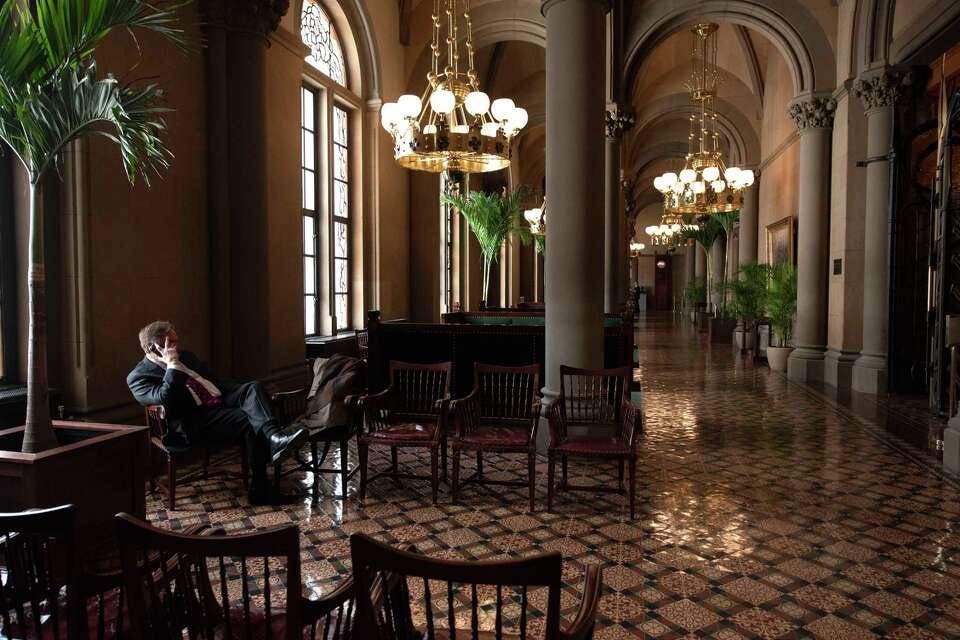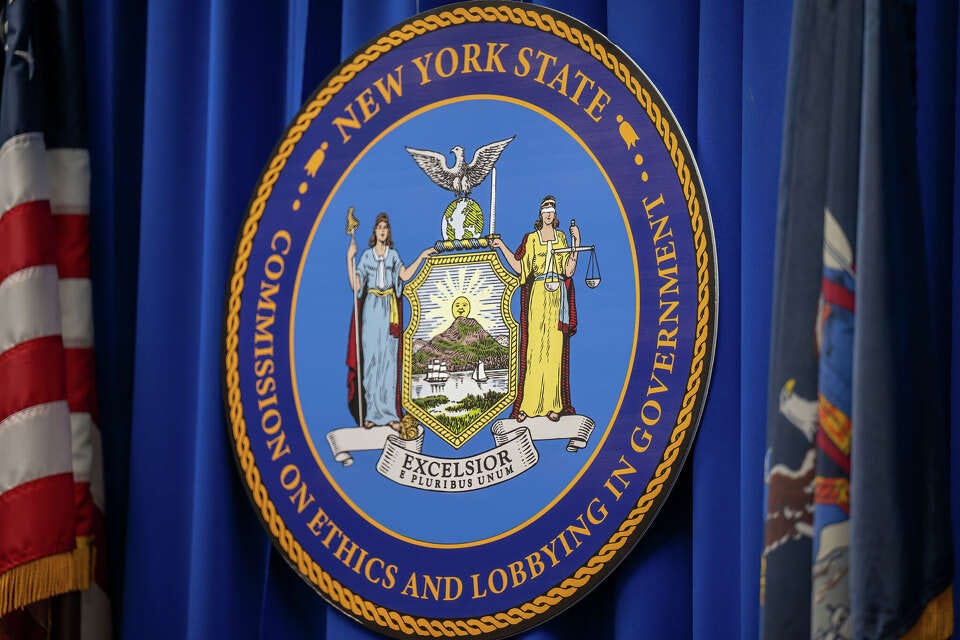How New York's public ethics rules could change in 2026
And cannabis showcase events are finally moving forward.
Good afternoon — It’s Thursday and Comic Book Day.
In today’s CapCon:
Here are some of the changes that New York’s public ethics agency and good government groups are eyeing for lobbyists and lawmakers in 2026.
There are 15 bills on Hochul’s desk. Here’s what they are.
Cannabis showcase events are still months away from being allowed in New York but the ball is now rolling.
The state Gaming Commission published proposed rules to prevent people from buying lottery tickets in bulk.
A bill has been reintroduced to prevent police officers dismissed for misconduct from being hired elsewhere.
Names in today’s CapCon: Blair Horner, Rachael Fauss, Ben Weinberg, Kathy Hochul, Hector LaSalle, Julia Salazar
🗣️ How New York’s public ethics agency and watchdogs want to change state law
When former Gov. Andrew M. Cuomo resigned from office, the debate in Albany over the strength of New York’s laws on public ethics was opened once more.
That led to the creation of a new ethics agency: the Commission on Ethics and Lobbying in Government.
CapCon readers likely already know what this agency does. It’s responsible for enforcing the state’s public ethics laws by reviewing complaints made against elected officials and monitoring the entities that seek to influence them and their staff.
But it also has other responsibilities, including the crafting of ethics regulations and the recommendation of changes in state law that could improve transparency and public confidence in state government.
It’s already compiled a list of proposals to that end. It is not short but you can review it here if you’d like.
That list may get longer (or shorter) after the commission held a public hearing Thursday to solicit feedback on the proposals and other changes that could be made to state law and regulations.
Some names you’ll recognize offered their own views on what should change for lobbyists and elected officials in terms of public ethics requirements and restrictions.
Those recommendations included what some would view as major changes. Here’s a sampling of what was said, split into two categories.
1. Lobbyist campaign contributions and Albany fundraisers
Dozens of political fundraisers, if not hundreds, are held in Albany each year during the six months that make up the legislative session.
Lobbyists frequent those events — not because they want to support their favorite lawmakers but to network, make a contribution and try to grease the wheels for a client.
It’s not like lawmakers are expecting to see their constituents, remarked NYPIRG’s Blair Horner.
Keep reading with a 7-day free trial
Subscribe to Capitol Confidential with Dan Clark to keep reading this post and get 7 days of free access to the full post archives.




